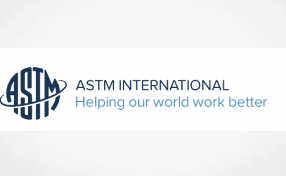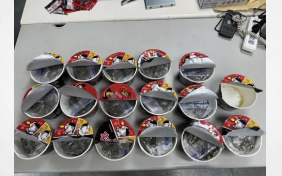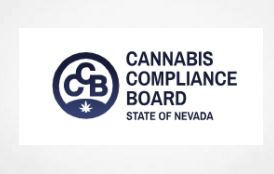Abstract
The early cannabis legalization movement was linked to the environmental movement, and although legalization advocates envisioned an environmentally friendly cannabis industry, regulations and market trends complicated matters. A seismic event for cannabis waste was the repurposing of electronic nicotine delivery system (ENDS) technology as cannabis “vape pens,” which are more accurately referred to as an electronic cannabis delivery system (ECDS). With the adoption of this technology, a waste stream that had lower weight and was largely compostable shifted to become a waste stream in which electronic waste (e-waste) (ECDS and batteries) became 14 % to 30 % of total sales, depending on the year and state. Unfortunately, cannabis regulations passed since the introduction of ECDS devices frequently overlook this waste stream and often ignore cannabis waste that could be classified as hazardous or universal waste. This study is a novel attempt to estimate the volume of cannabis consumer packaging waste produced in California each year, including ECDS-related e-waste, and compare it with other types of household hazardous waste (HHW) produced. Additionally, cannabis waste volume was analyzed to determine to what degree state regulations and market trends contributed to and influenced the amount of waste generated. In 2022, California had a consumer cannabis packaging waste stream almost as large as the 16,805 US tons (15,245,240 kilograms) of HHW pharmaceuticals produced in California in 2021. Although pharmaceuticals have a robust infrastructure in place for reverse distribution, no such infrastructure exists for cannabis waste at large scale. Despite rules around cannabis waste recycling being ambiguous, many businesses do engage in the collection of cannabis waste for recycling and other sustainable practices in California. Regulations must be changed by state regulators to allow cannabis licensees to have better waste management options, which will result in less environmental contamination, and thus, cleaner cannabis.


















